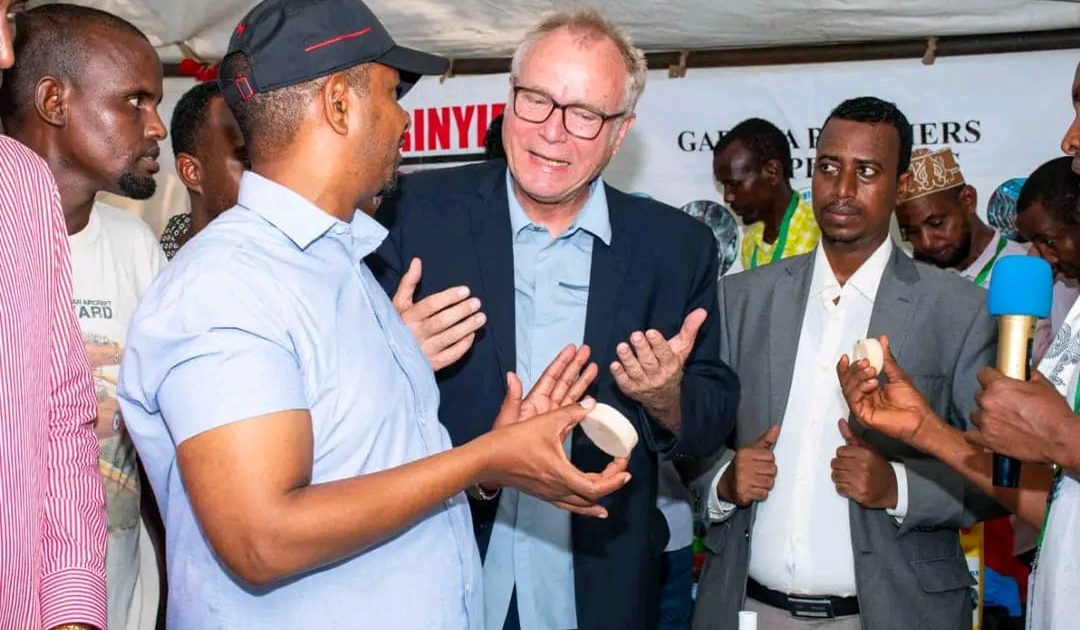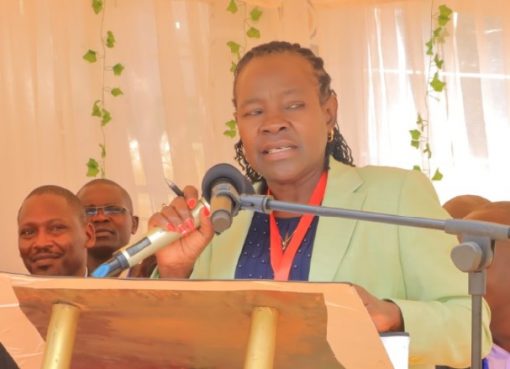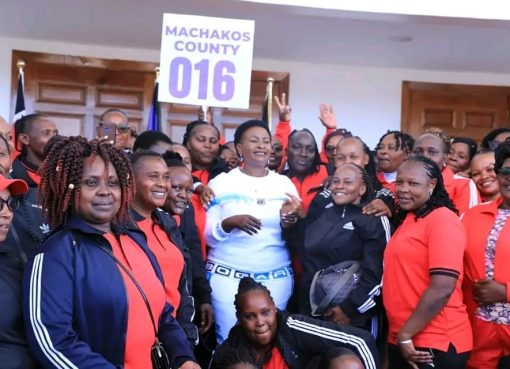Residents in the Northeastern counties of Garissa, Wajir, and Mandera are set to benefit from a 12-year Regional Livestock Programme launched by the Swiss government in collaboration with IGAD, and Mercy Corps which aims to introduce new livestock farming approaches and value addition.
The project, which will also be implemented in Somalia and Ethiopia seek to drive livestock growth, improve performance and maximize returns for the farmers.
It will further aim to create an inclusive, resilient, and sustainable livestock market in the Arid and Semi–Arid Lands (ASAL) of Kenya, Somalia, and Ethiopia.
The choice of the three countries in the program is a result of the interconnections of market dynamics and migration patterns of the pastoralists across borders.
Speaking during the launch of the Programme at Garissa University, Swiss Ambassador to Kenya Valentin Zellweger said that livestock farming is a central part of the wealth and economy in the Horn of Africa through employment, livelihood, and even nutrition for the people.
“We have innovative approaches, things that we can do to develop products that may be interesting for other markets. Camel meat, which is produced in this region, is probably underrated in the world but the Somali community knows its benefits. If we could promote its qualities, for example, the low cholesterol, this could be the boom for the economy in the horn of Africa,” Zellweger said.
“We have also seen the production of the camel bone marrow from camel meat which is very good for diabetes patients and there is a big potential and we will develop it to uplift the economy,” he added.
Garissa County Deputy Governor Abdi Dagane said that the partnership with the Swiss government and other stakeholders in the livestock sector will reinforce the shared visions of fostering sustainable economic growth and creating opportunities that will, in turn, enhance the livelihoods of the people.
Dagane further expressed commitment that the county government will increase budget allocations for the livestock sector and formulate required policies to boost production and value addition.
Garissa Township MP Mohamed Dekow on his part said that it was time to abandon old farming practices that do not give out maximum returns to the farmers.
“We should now shift to something modern that can add value to our animals. We need to add value to our animals first before we can talk about value addition to their products because what we produce here is only good to us but not to the outside world,” Dekow said.
The MP also called on the development partners to find mechanisms to connect the livestock farmers and the local fodder farmers who are taking advantage of the nearby River Tana to grow animal feeds through irrigation, a way he says will create a win-win situation for the people and boost the local economy.
By Erick Kyalo





